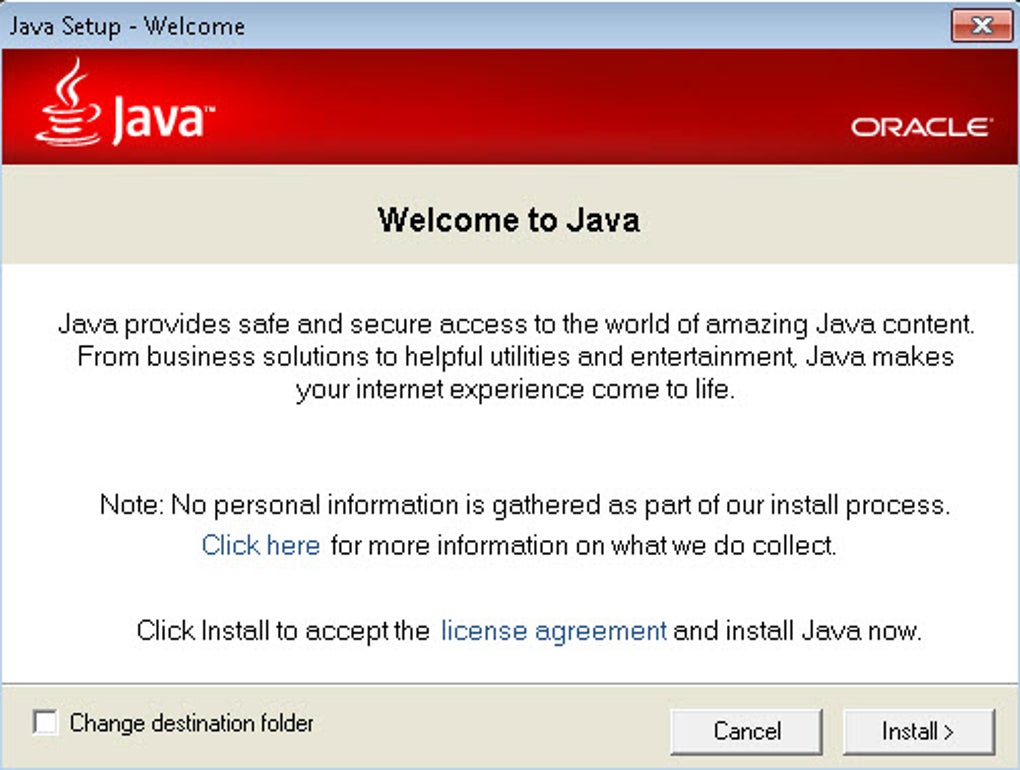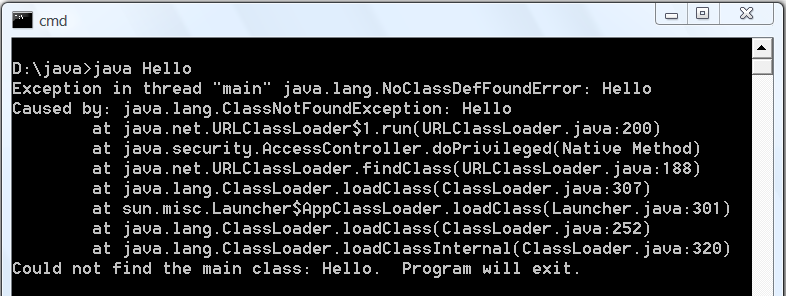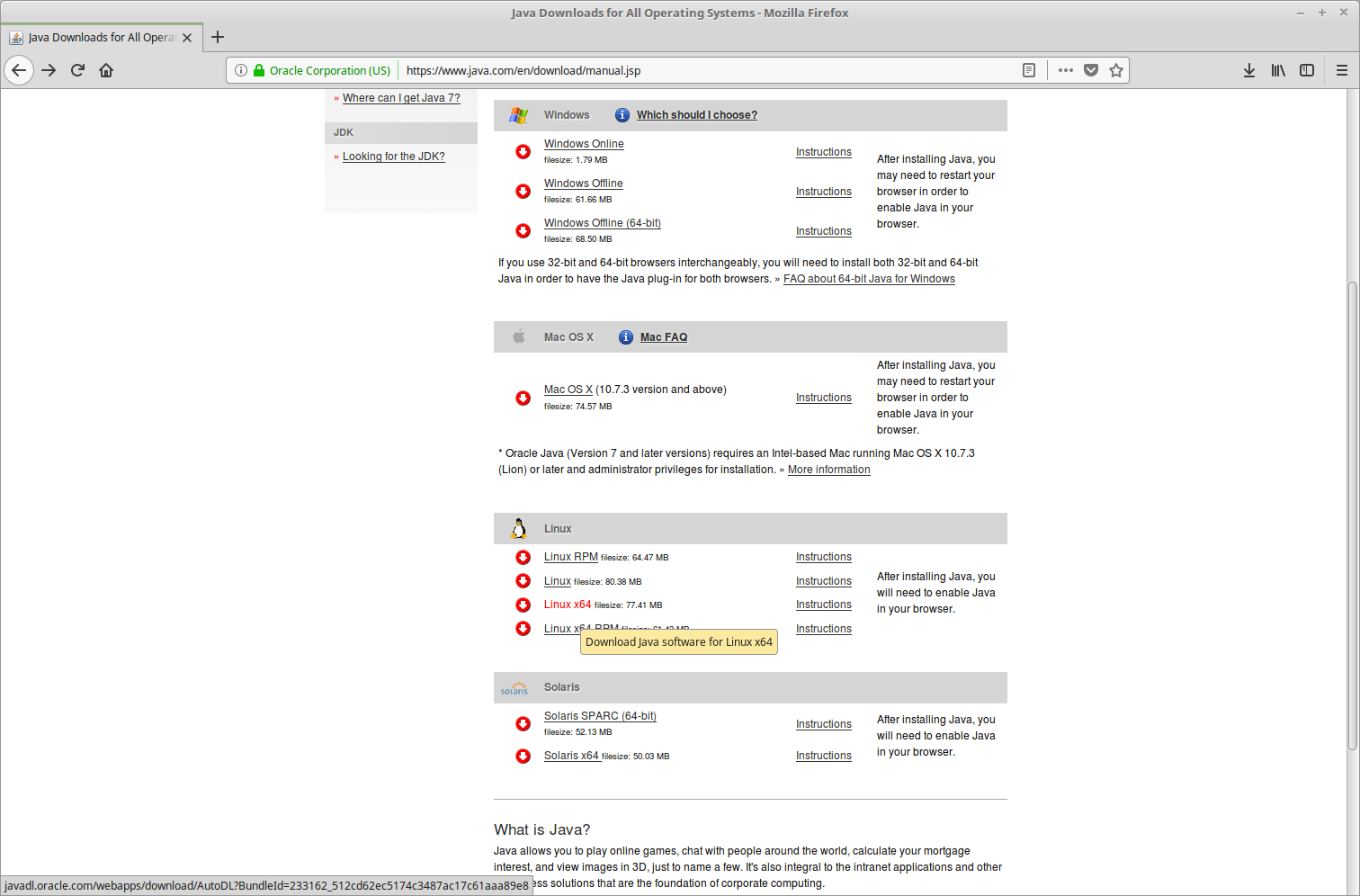Our website provides a free download of Java SE Runtime Environment 7 1.7 for Mac. The program lies within Developer Tools, more precisely General. This free software for Mac OS X was originally produced by Oracle Corporation. Our antivirus scan shows that this Mac download is clean. JDK 14 Releases. JDK 14 has been superseded. Java Runtime Mac free download - Java Runtime Environment (JRE) (64-Bit), GTK+ 2 Runtime Environment, DJ Java Decompiler, and many more programs. With Mac OS 10.7 (Lion) and later, the Java runtime is no longer installed automatically as part of the OS installation. Follow any of the methods below to install Java runtime. How to Download and Install Java JDK on Mac OS X Do you want to know how to install the Java JDK 11 (Java SE Development Kit) on your Mac? Well, you're in th.

The full version string for this update release is 11.0.9+10 (where '+' means 'build'). The version number is 11.0.9.
Complete release notes for Java 11 can be found here.
IANA Data 2020a
JDK 11.0.9 contains IANA time zone data version 2020a. For more information, refer to Timezone Data Versions in the JRE Software.
Security Baselines

The security baselines for the Java Runtime Environment (JRE) at the time of the release of JDK 11.0.7 are specified in the following table:

JRE Family Version = JRE Security Baseline (Full Version String)
- 11 = 11.0.9+7
- 8 = 1.8.0_271-b09
Oracle JDK Expiration Date
Oracle recommends that the JDK is updated with each Critical Patch Update (CPU). In order to determine if a release is the latest, the following Security Baseline page can be used to determine which is the latest version for each release family.
Critical patch updates, which contain security vulnerability fixes, are announced one year in advance on Critical Patch Updates, Security Alerts and Bulletins. It is not recommended that this JDK (version 11.0.9) be used after the next critical patch update scheduled for January 19, 2021.
What's New:
security-libs/java.security
➜ Weak Named Curves in TLS, CertPath, and Signed JAR Disabled by Default
- Weak named curves are disabled by default by adding them to the following disabledAlgorithms security properties: jdk.tls.disabledAlgorithms, jdk.certpath.disabledAlgorithms, and jdk.jar.disabledAlgorithms. The named curves are listed below.
- With 47 weak named curves to be disabled, adding individual named curves to each disabledAlgorithms property would be overwhelming. To relieve this, a new security property, jdk.disabled.namedCurves, is implemented that can list the named curves common to all of the disabledAlgorithms properties. To use the new property in the disabledAlgorithms properties, precede the full property name with the keyword include. Users can still add individual named curves to disabledAlgorithms properties separate from this new property. No other properties can be included in the disabledAlgorithms properties.
- To restore the named curves, remove the include jdk.disabled.namedCurves either from specific or from all disabledAlgorithms security properties. To restore one or more curves, remove the specific named curve(s) from the jdk.disabled.namedCurves property.
- Curves that are disabled through jdk.disabled.namedCurves include the following: secp112r1, secp112r2, secp128r1, secp128r2, secp160k1, secp160r1, secp160r2, secp192k1, secp192r1, secp224k1, secp224r1, secp256k1, sect113r1, sect113r2, sect131r1, sect131r2, sect163k1, sect163r1, sect163r2, sect193r1, sect193r2, sect233k1, sect233r1, sect239k1, sect283k1, sect283r1, sect409k1, sect409r1, sect571k1, sect571r1, X9.62 c2tnb191v1, X9.62 c2tnb191v2, X9.62 c2tnb191v3, X9.62 c2tnb239v1, X9.62 c2tnb239v2, X9.62 c2tnb239v3, X9.62 c2tnb359v1, X9.62 c2tnb431r1, X9.62 prime192v2, X9.62 prime192v3, X9.62 prime239v1, X9.62 prime239v2, X9.62 prime239v3, brainpoolP256r1, brainpoolP320r1, brainpoolP384r1, brainpoolP512r1
- Curves that remain enabled are: secp256r1, secp384r1, secp521r1, X25519, X448. See JDK-8233228
security-libs/org.ietf.jgss:krb5
➜ Support for Kerberos Cross-Realm Referrals (RFC 6806)
- The Kerberos client has been enhanced with the support of principal name canonicalization and cross-realm referrals, as defined by the RFC 6806 protocol extension.
- As a result of this new feature, the Kerberos client can take advantage of more dynamic environment configurations and does not necessarily need to know (in advance) how to reach the realm of a target principal (user or service).
- Support is enabled by default and 5 is the maximum number of referral hops allowed. To turn it off, set the sun.security.krb5.disableReferrals security or system property to false. To configure a custom maximum number of referral hops, set the sun.security.krb5.maxReferrals security or system property to any positive value.
Previous versions:
Recent Java JDK news
- Python also gained some 2.2 million developers in the past year and came in second-place
- 150 votesJava allows you to play online games, chat with people around the world, calculate your mortgage interest, and view images in 3D, just to name a few. This new version is considered a Critical Patch Update.
- Freeware
- Windows/macOS/Linux
- 25 votesJava SE 15.0.1 is the latest release of Java SE Platform. Oracle strongly recommends that all Java SE users upgrade to this release.
- Freeware
- Windows/macOS/Linux
- 115 votesThe Java Platform lets you develop and deploy Java applications on desktops and servers, as well as in today's demanding embedded environments.
- Freeware
- Windows
- Details
- Written by Nam Ha Minh
- Last Updated on 23 September 2020 | Print Email
1. Download and Install Oracle JDK 11
Oracle JDK 11 is the first LTS (Long Term Support) Java Development Kit since Oracle changed Java release cadence to every 6 months. According to Oracle, JDK 11 will be supported (commercial support) until September 2026.Head to Java SE Development Kit 11 Downloads page and choose the download file appropriate to your operating system. Oracle JDK 11 comes with installers for Linux (rpm and deb), macOS (dmg), Windows (exe) and archive files (tar.gz and zip).For Windows, I recommend to download the file jdk-11.0.7_windows-x64_bin.exe. Note that you must have an Oracle account to be able to download JDK 11 installer. If not, creating one is free.Run the downloaded file, and you will see the JDK 11 setup program appears:Just click Next twice to proceed installation with the defaults.Note that Oracle JDK 11 does not update system environment variables, so you have to manually update PATH and/or JAVA_HOME after installation. Open Command Prompt window under administrator privilege and type the following command:
jdk-11.0.7_windows-x64_bin.exe. Note that you must have an Oracle account to be able to download JDK 11 installer. If not, creating one is free.Run the downloaded file, and you will see the JDK 11 setup program appears:Just click Next twice to proceed installation with the defaults.Note that Oracle JDK 11 does not update system environment variables, so you have to manually update PATH and/or JAVA_HOME after installation. Open Command Prompt window under administrator privilege and type the following command:setx -m JAVA_HOME 'C:Program FilesJavajdk-11.0.7'
setx -m PATH '%JAVA_HOME%bin;%PATH%'
 Then open another command prompt window and type java –version, you will see:That means you have successfully installed and configured Oracle JDK 11 on your computer.You can also watch the video below:
Then open another command prompt window and type java –version, you will see:That means you have successfully installed and configured Oracle JDK 11 on your computer.You can also watch the video below:2. Download and Install OpenJDK 11
OpenJDK 11 is the open source distribution of JDK 11, licensed under GNU General Public License version 2 (GPLv2).To download OpenJDK 11, you have to go to OpenJDK Archive download page. Then scroll down a little bit to find the version 11.0.2. OpenJDK is distributed in only zip or tar.gz file. For Windows, download the zip file for Windows 64-bit, i.e. openjdk-11.0.2_windows-x64_bin.zip file.Extract the downloaded zip file to a directory. Then type the following command to update JAVA_HOME (in Command Prompt with administrator right):setx -m JAVA_HOME 'g:JDKOpenJDKjdk-11.0.2'
Then open another command prompt and type java –version, you will see:That means you have successfully setup OpenJDK 11 on your computer.You can also watch the video below:Related Tutorials:
Java Mac Download Jdk
About the Author:
Nam Ha Minh is certified Java programmer (SCJP and SCWCD). He started programming with Java in the time of Java 1.4 and has been falling in love with Java since then. Make friend with him on Facebook and watch his Java videos you YouTube.